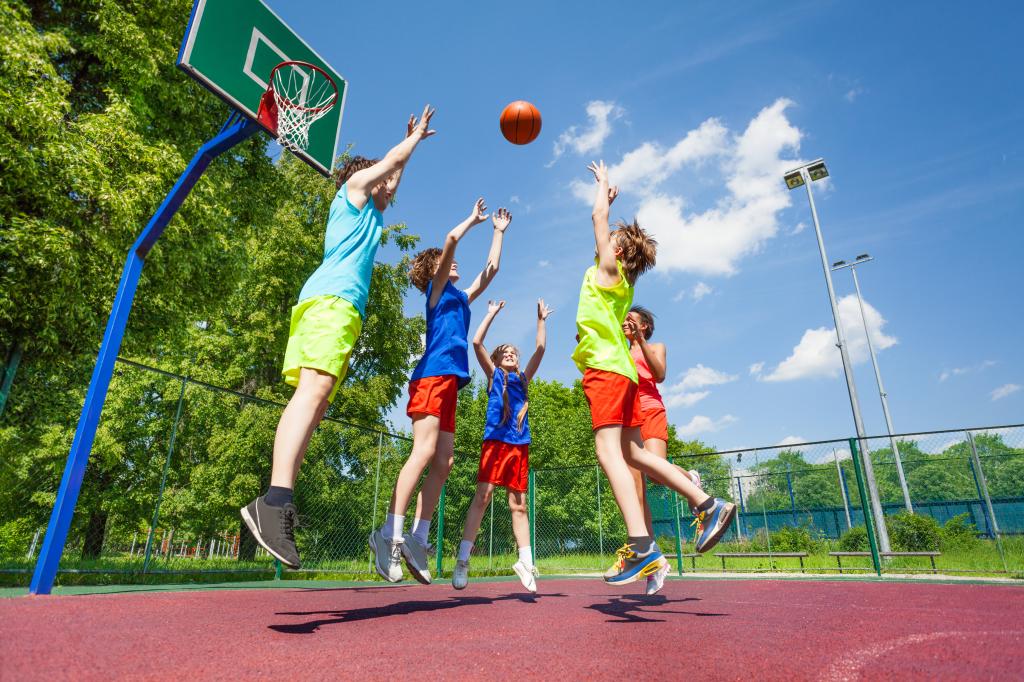The college athletic recruitment process, once a relatively straightforward affair, has evolved into a complex landscape demanding strategic navigation by aspiring student-athletes. Beginning as early as freshman year, students must maintain a delicate balance of academic and athletic excellence, proactively engaging with recruiters while adhering to evolving NCAA regulations. This new era of recruitment is characterized by dynamic communication channels, including text messaging and email, and the emergence of Name, Image, and Likeness (NIL) deals, which introduce a financial dimension to the process. These rapid changes necessitate staying abreast of the latest rules and guidelines to successfully navigate this evolving terrain.
The recruitment journey begins with establishing clear goals. Students must introspectively assess their priorities: academic prestige, athletic program prominence, professional aspirations, or a balanced college experience. Defining these objectives guides the entire process, allowing for informed decisions and realistic expectations. It also prompts critical reflection on the level of commitment required to compete at the collegiate level, acknowledging the potential sacrifices involved, such as forgone social events and limited free time. This early self-assessment is crucial for determining the appropriate division and commitment level, ensuring alignment between the athlete’s aspirations and the program’s demands.
Academic performance plays a paramount role in the recruitment process, often serving as a deciding factor among equally talented athletes. Maintaining a strong academic record throughout high school, especially during freshman and sophomore years, is critical, as recruiting decisions are frequently made before senior year. This is particularly important for students targeting academically rigorous institutions, which prioritize academic achievement alongside athletic prowess. Simultaneously, consistent athletic performance in games and showcases is essential for gaining visibility among college coaches. These events offer valuable opportunities for student-athletes to demonstrate their skills and attract the attention of recruiters.
Student-athletes should adopt a proactive and independent approach throughout the recruitment process. Taking ownership of their journey by initiating contact with coaches, crafting personalized emails, and following up demonstrates maturity, initiative, and genuine interest. While parents can provide support and guidance, it’s crucial for students to lead the communication, showcasing their independence and readiness for college life. This self-reliance is highly valued by coaches, who seek athletes capable of thriving in a demanding environment. Cultivating existing relationships with high school coaches and mentors can also prove beneficial, as they can serve as valuable advocates throughout the process.
Effective communication is essential for navigating the complexities of recruitment. Organizing all relevant materials, such as videos, transcripts, contact information, and potential visit dates, streamlines the process for recruiters. Preparing thoughtful questions for coaches demonstrates genuine interest and facilitates meaningful dialogue. Understanding the coaching staff’s dynamics, particularly the role of assistant coaches, is also crucial. Paying attention to details during campus visits, interacting with current players, and gaining insight into the team culture are invaluable for assessing program fit. Maintaining proper etiquette and sportsmanship throughout all interactions is paramount, as the recruiting world is tightly knit.
Finally, it is important to maintain perspective and recognize that collegiate athletic opportunities are limited. Less than 10% of high school athletes compete at the varsity level in college, and an even smaller percentage reach Division I programs. Students should explore a range of schools and consider alternative options, such as club or intramural sports, to ensure a fulfilling college experience regardless of their athletic trajectory. Ultimately, choosing a school where they will thrive academically and socially, in addition to athletically, is crucial for long-term happiness and success. This holistic approach ensures a well-rounded college experience and prepares students for life beyond the playing field.


